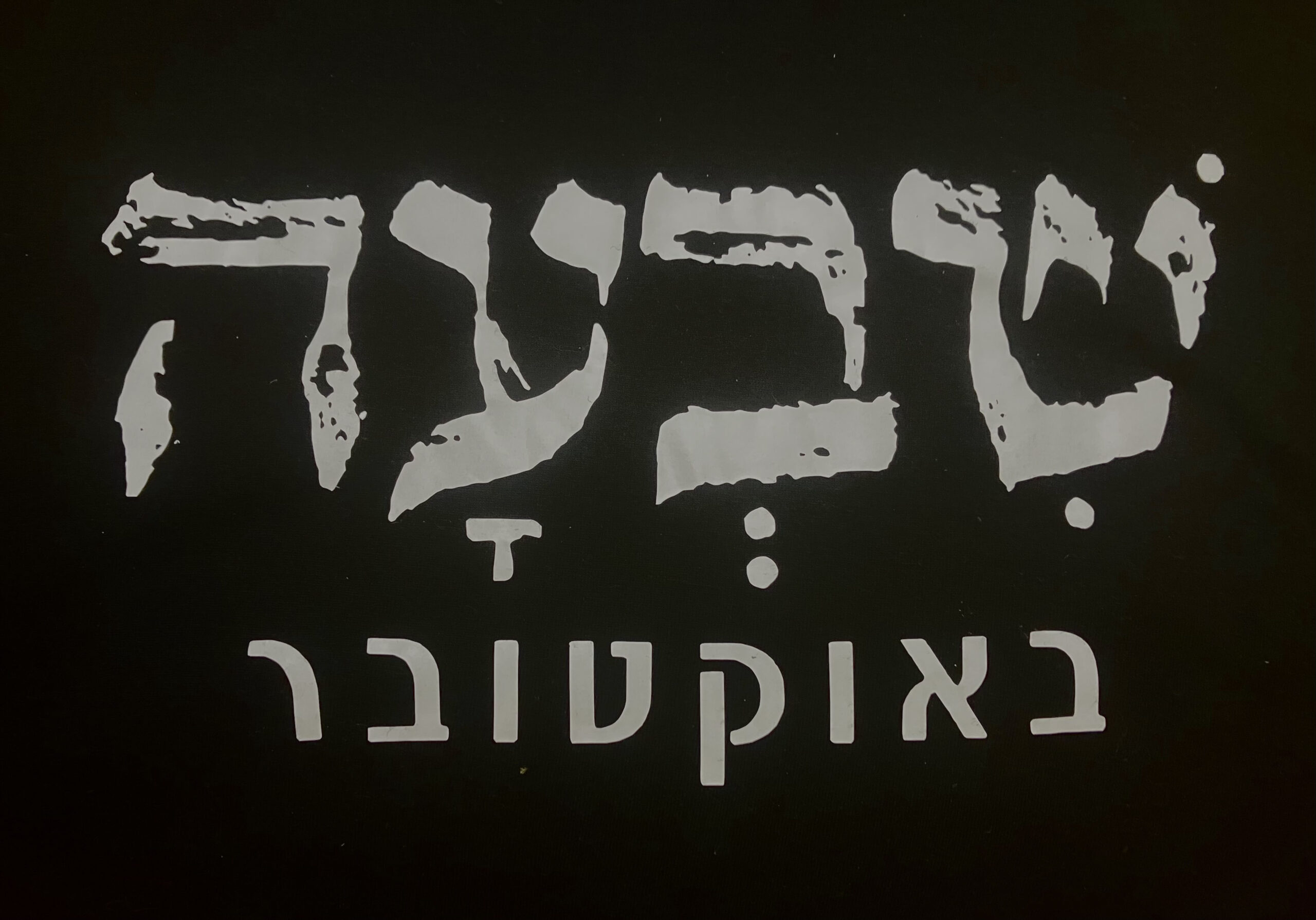
Arise and go now to the city of slaughter;
Into its courtyard wind your way;
There with your own hand touch, and with the eyes of
your head,
Behold on tree, on stone, on fence, on mural clay,
The spattered blood and dried brains of the dead.
Proceed then to the ruins, the split walls reach,
Where wider grows the hollow, and greater grows the
breach;
Pass over the shattered hearth, attain the broken wall
Whose burnt and barren brick, whose charred stones reveal
The open mouths of such wounds, that no mending
Shall ever mend, nor healing ever heal.
(The City of Slaughter, Haim Nahman Bialik, composed in 1904 about the 1903 Kishinev Pogrom)
“We are filled with pain by the saddening and disgraceful images of innocent souls whose bodies were as prey to the sharp teeth of these dark forces of evil. As human beings, we are filled with shame and disgrace as strange beasts disguised as “humans created in the image of God” behave this way. In the face of all of this, we ask ourselves, and the world at large: is this what humanity has come to? Is this the “doctrine of humanity”? Is this the “splendor” of mankind’s strength?”
(Words spoken by Rabbi Benzion Meir Hai Uziel, May 31, 1919, in reaction to the brutal pogroms against Jews in Ukraine)
Kfar Aza. Nir Oz. Zikim. Be’eri. Ofakim. Re’im. Sderot. Nova Party.
“Dancing in the storm
We got nothing to hide
Take me home
And leave the world behind
And I promise you that Never Again
I’m still wet from this October rain
October rain”
(October Rain, Eden Golan, original pre-Eurovision uncensored lyrics)
RIP.
Bring Them Home
Rabbi Daniel Bouskila is the international director of the Sephardic Educational Center.
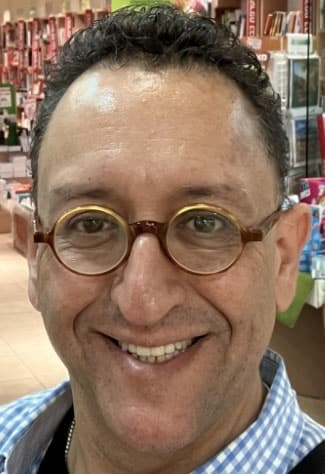






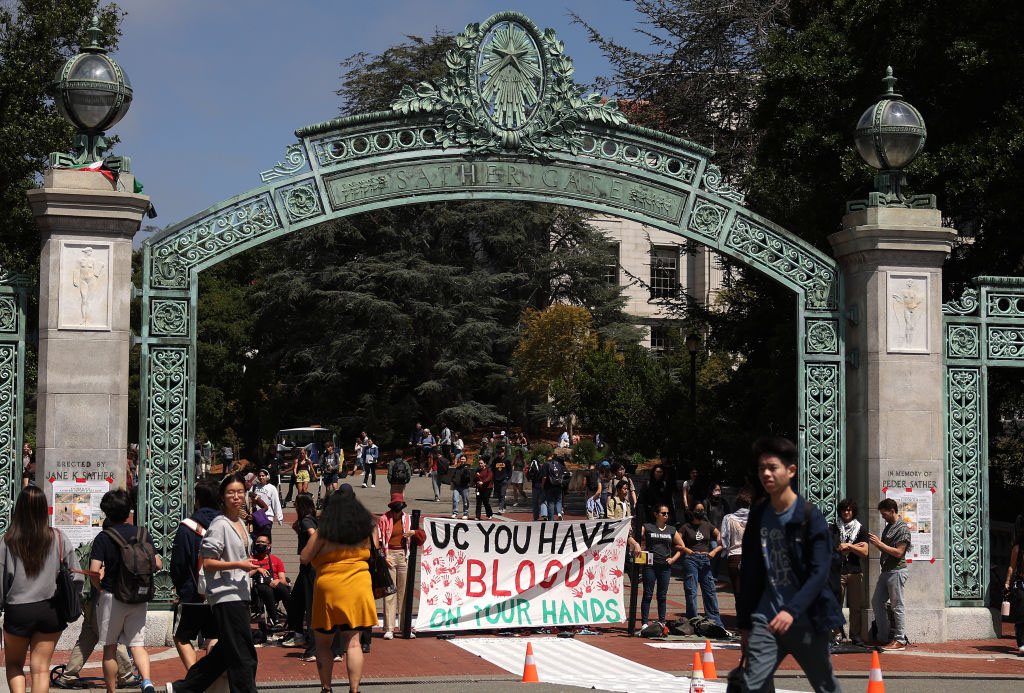
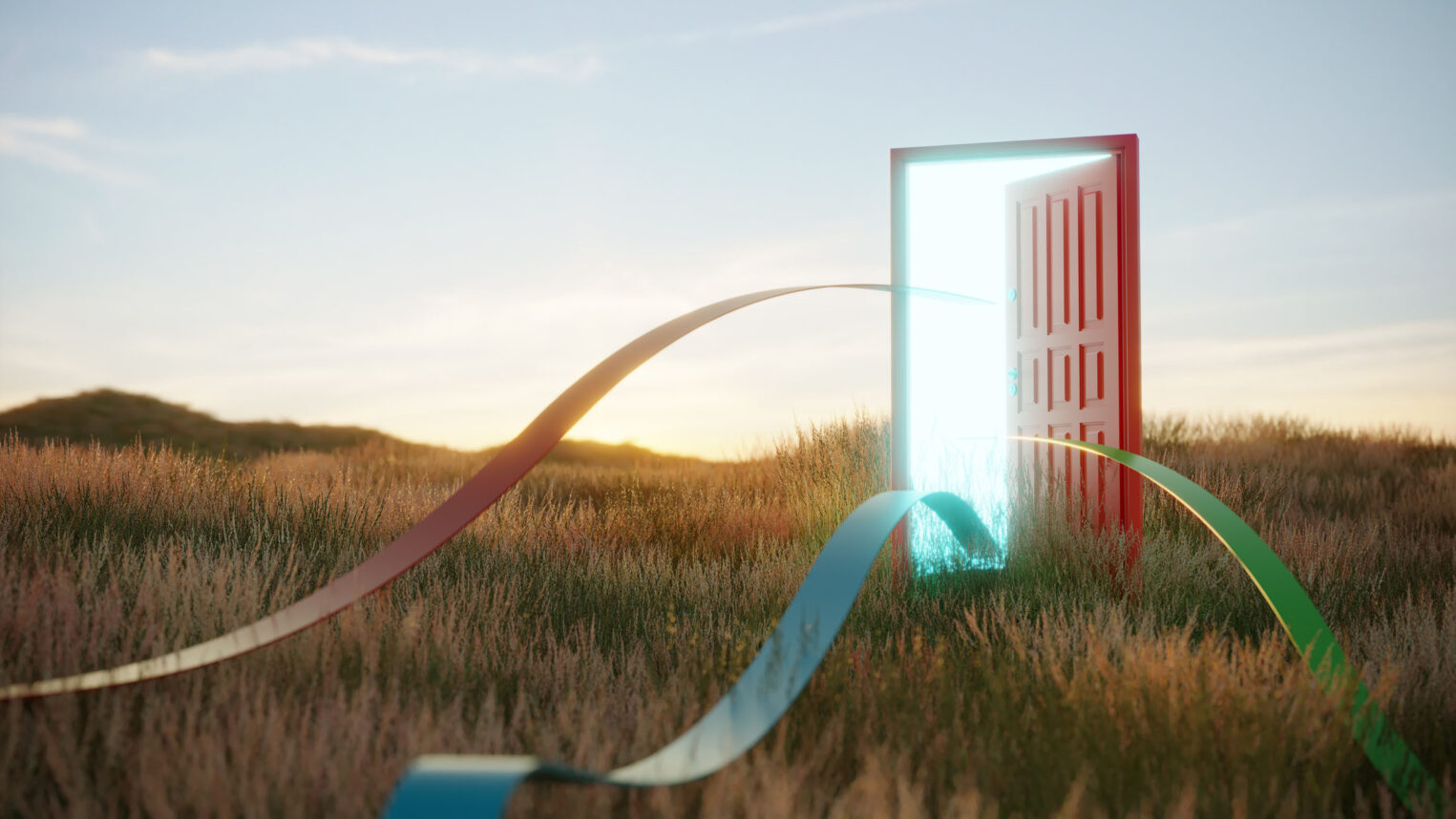
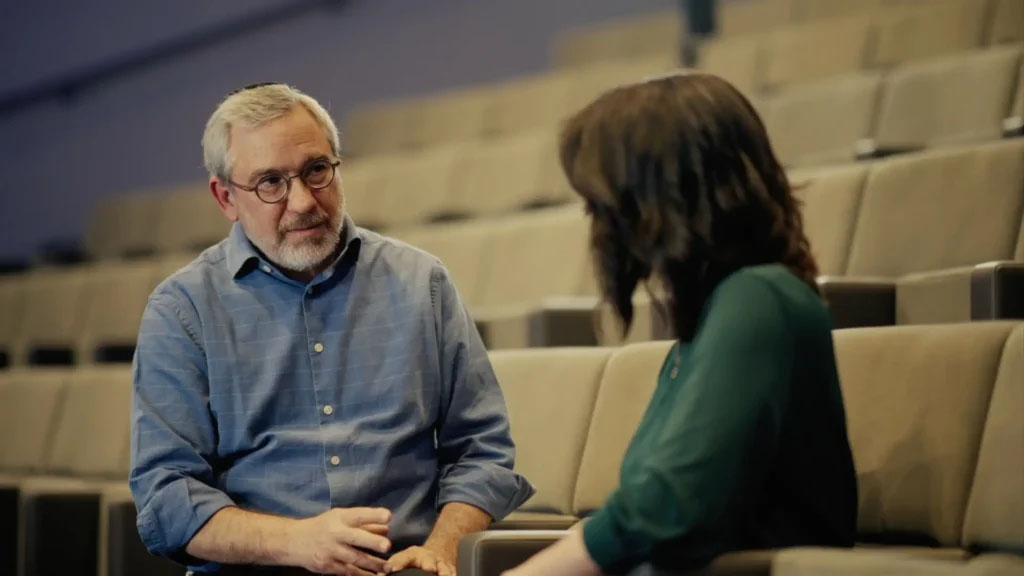
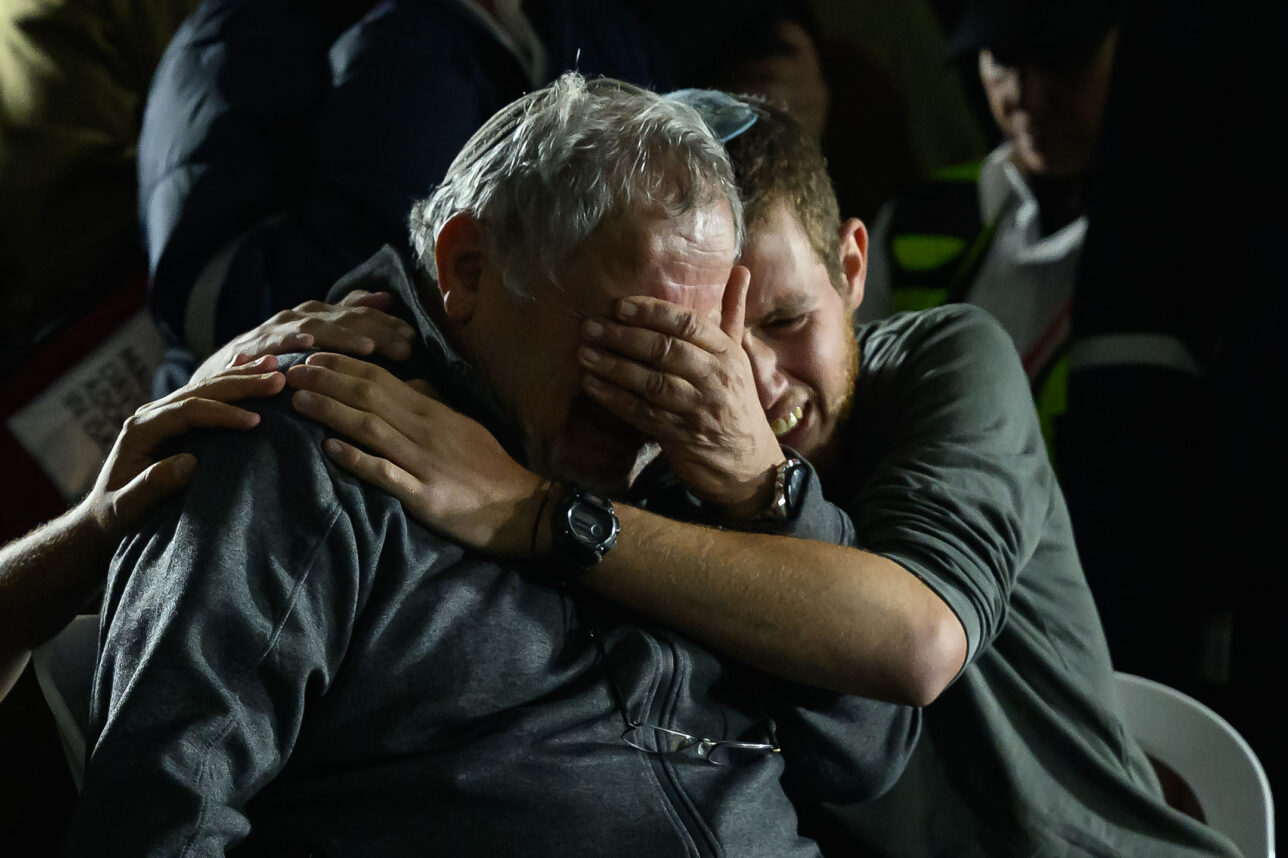

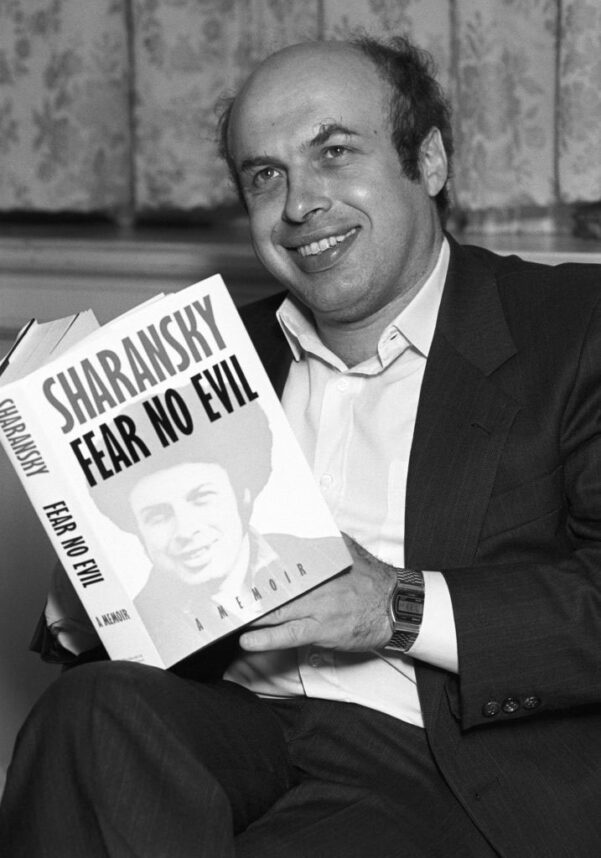



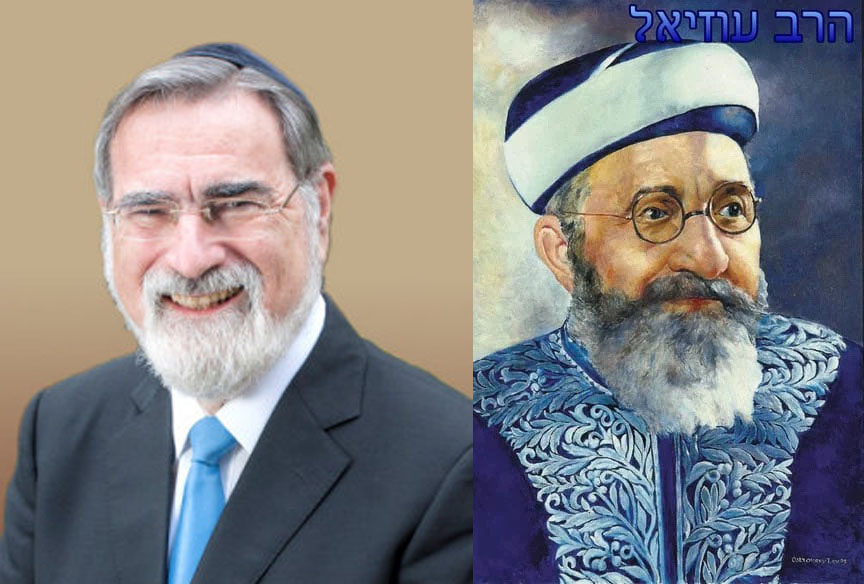





 More news and opinions than at a Shabbat dinner, right in your inbox.
More news and opinions than at a Shabbat dinner, right in your inbox.